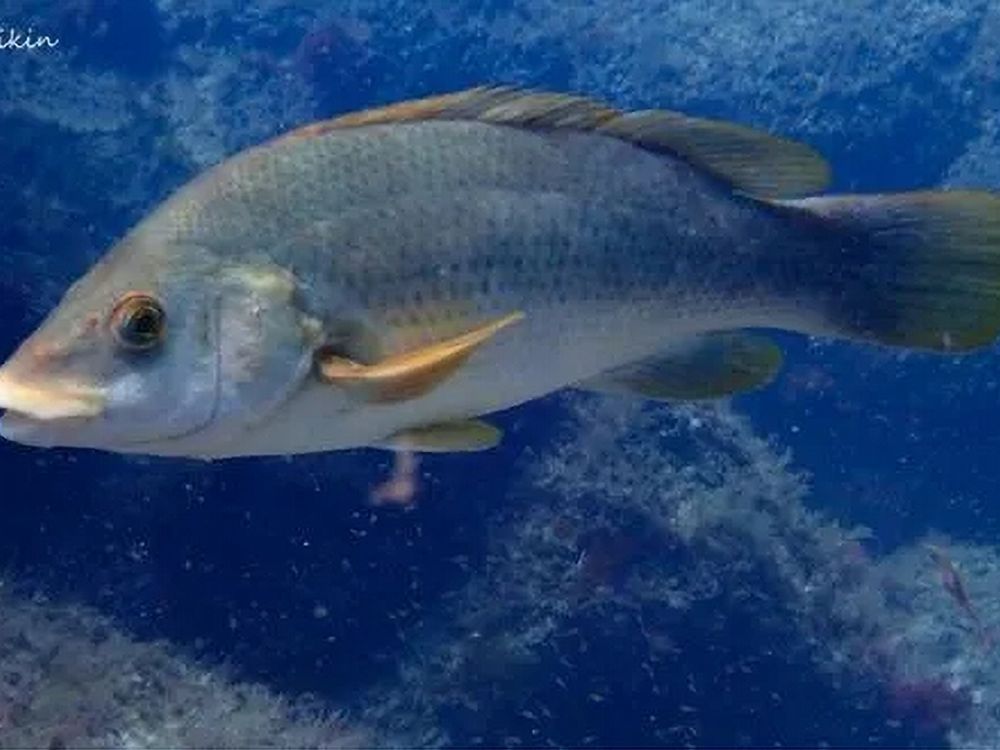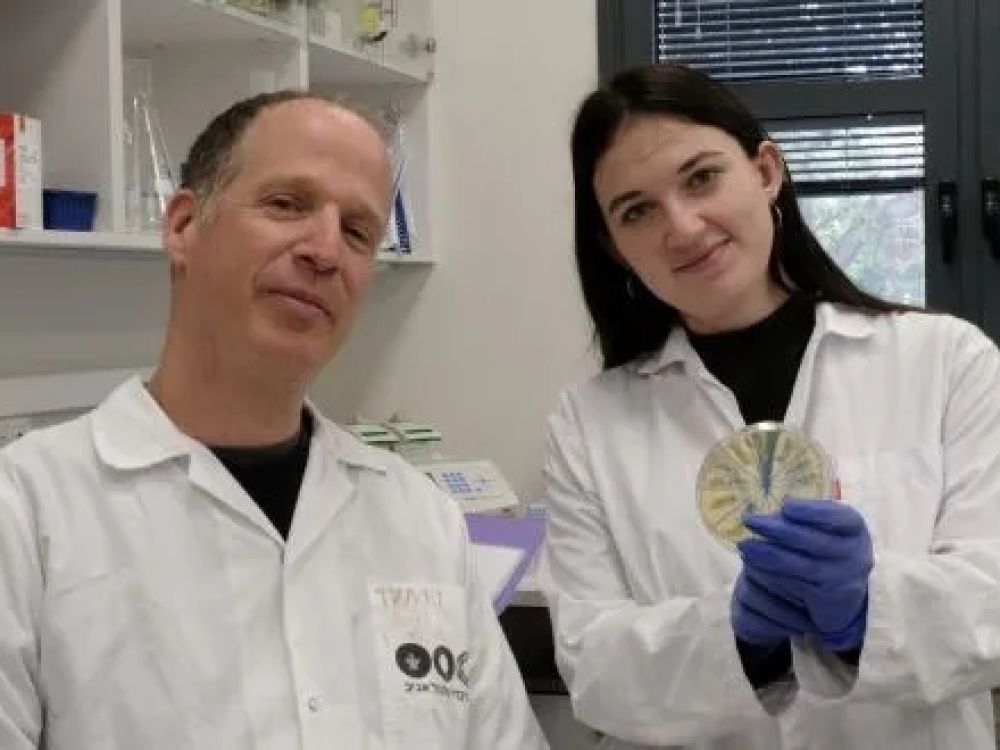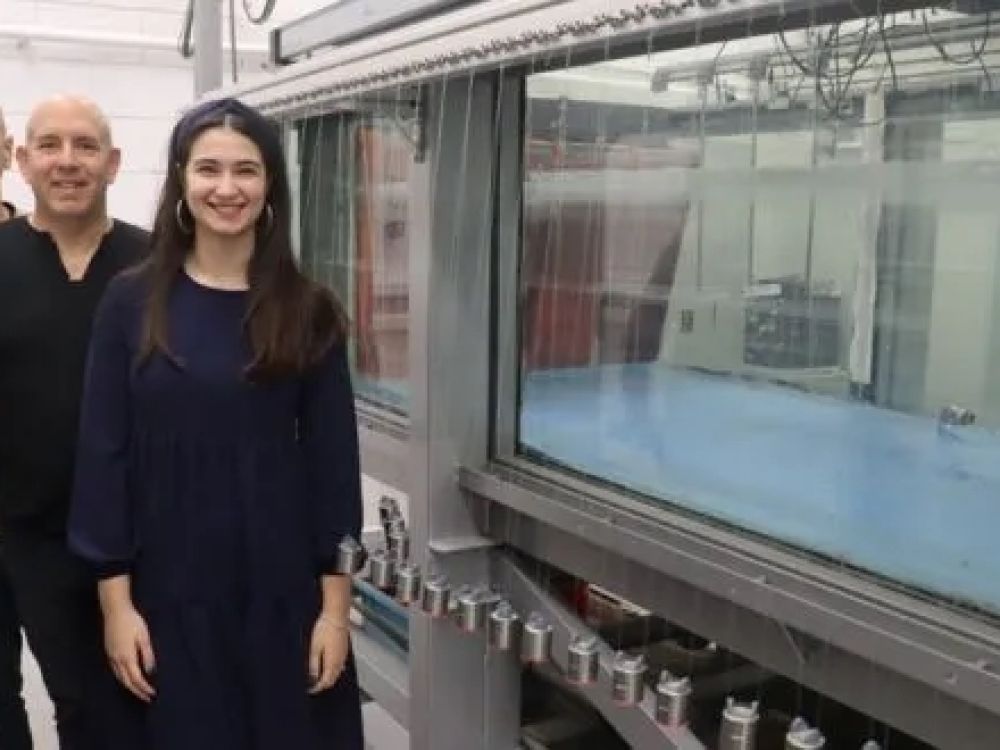A new international study has found that amphibians and reptiles inhabiting the world’s nature reserves, or Protected Areas (PAs), will be better protected against climate change than species found outside of these areas, but are still likely to be harmed.
The research findings provide evidence, on a global scale, of the crucial role Protected Areas play in conserving amphibian and reptile biodiversity under human-induced climate change scenarios. The study reveals that more animals will become extinct because of climate change outside of Protected Areas than inside them — in the world in general and on most individual continents.
Protected Areas as Refuges
Prof. Shai Meiri of Tel Aviv University’s School of Zoology, The George S. Wise Faculty of Life Sciences and The Steinhardt Museum of Natural History took part in the study, in collaboration with leading researchers from 19 countries. The study was published in the prestigious journal Nature Communications.
“Approximately 91% of the amphibian and reptile species we examined are protected, to some degree, in Protected Areas, and this proportion will remain unchanged under future climate change.” – Prof. Shai Meiri
The purpose of the study was to evaluate the effectiveness of existing Protected Areas in protecting the amphibians and reptiles living within them under future climate scenarios, as well as to identify conservation gaps in order to outline a road map for the development of conservation actions based on the current global network of Protected Areas.
“In this study, we collected distribution data for more than 14,000 species of amphibians and reptiles — about 70% of the known species — to perform a global assessment of the conservation effectiveness of Protected Areas in an era of climate change, using species distribution models,” explains Prof. Meiri. “Our analyses revealed that approximately 91% of the amphibian and reptile species we examined are protected, to some degree, in Protected Areas, and that this proportion will remain unchanged under future climate change. Furthermore, species protected in Protected Areas will lose smaller portions of their distribution ranges inside the nature reserve than outside of them. Therefore, the proportion of species within reserves is expected to increase.”
Relative Optimism
However, Prof. Meiri points out, “We predict that more than 300 of the amphibian species and 500 of the reptile species we studied will become extinct due to climate change in the coming decades, and probably also hundreds of species for which we did not have sufficient data to model. Our research highlights the importance of Protected Areas in providing refuge for amphibians and reptiles in face of climate change and points out areas where there are not enough nature reserves that can better preserve biodiversity around the world.”
“Despite the relative optimism emerging from the new research, the models still predict extremely high rates of loss of species and habitats due to climate change. Protected Areas do indeed protect the animals living within them, but nothing is foolproof.” – Prof. Shai Meiri
He adds: “We compiled a comprehensive global database with more than 3.5 million observation records spanning 5,403 amphibian species and 8,993 reptile species from online databases, fieldwork data, museum collections, and published references. For all species in our database, we predicted habitat availability according to current (1960–1990) climate data and future scenarios (for the years 2060–2080) at a high spatial resolution (1 km × 1 km) using species distribution models. Then, we evaluated the effectiveness of Protected Areas in conserving amphibians and reptiles by calculating the coverage of their distribution range inside and outside of Protected Areas, as well as the proportion of species for whom a significant portion of their distribution range (for example, 15% or 30%) is protected in PAs under current and future climate conditions (assuming that the future use of the land remains unchanged over the years — that is, that there will be no conversion of nature reserves into agricultural, industrial, or urban areas.)”
Prof. Meiri concludes: “Our evidence shows that the current global network of Protected Areas already plays an important role in preserving the global biodiversity of amphibians and reptiles, and will continue to do so under the expected future climate. However, many species do not live in the existing Protected Areas. These include, for example, many amphibians and reptiles in Mexico, Jamaica, the Andes, West Africa, South Africa, the southern and northern coast of Turkey, Yemen and other places. Moreover, in our study we could create a model for only about two-thirds of reptile and amphibian species. Good models can’t be created for the rarest species, which are known to be more vulnerable to extinction and less protected in Protected Areas. At the same time, it is important to remember that despite the relative optimism emerging from the new research, the models still predict extremely high rates of loss of species and habitats due to climate change. Protected Areas do indeed protect the animals living within them, but nothing is foolproof.”









